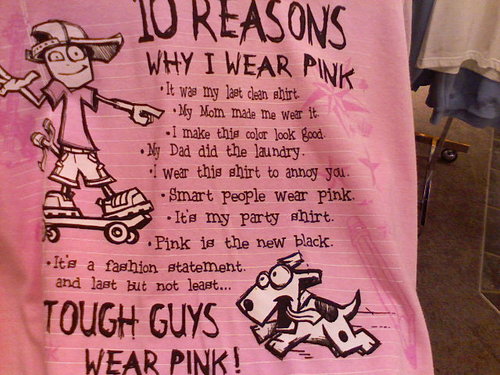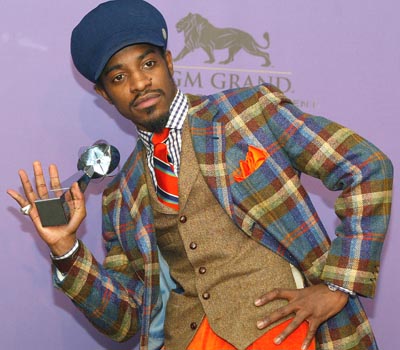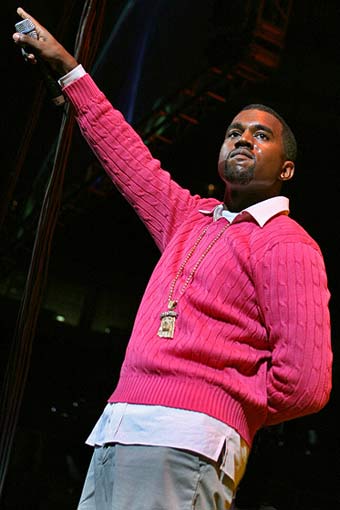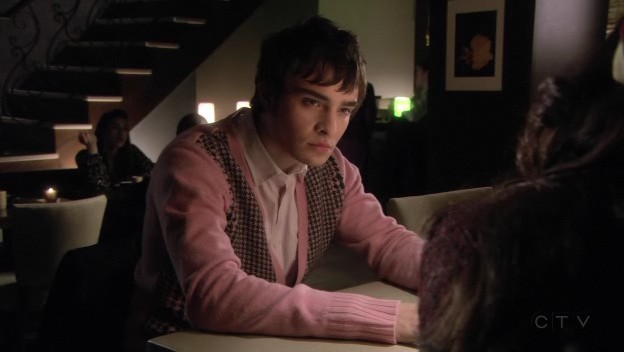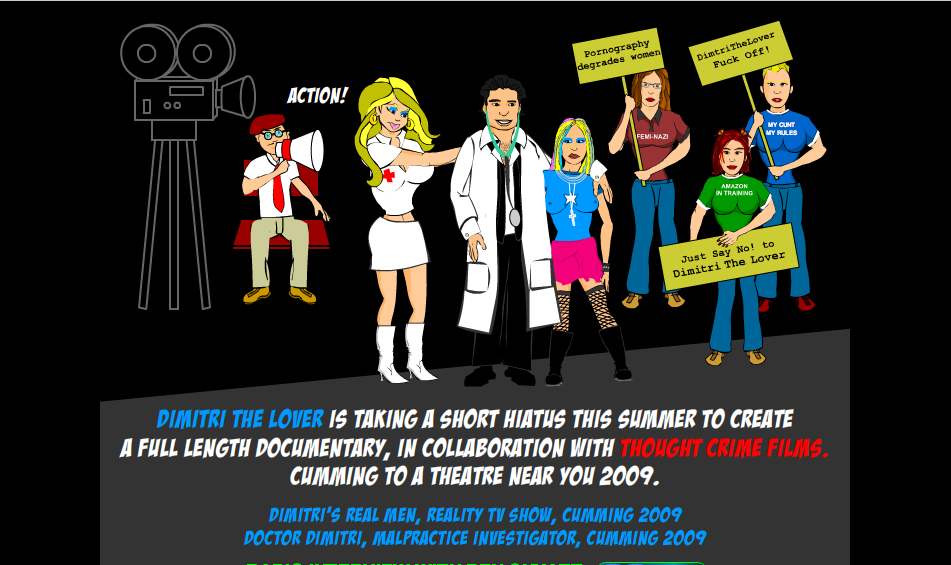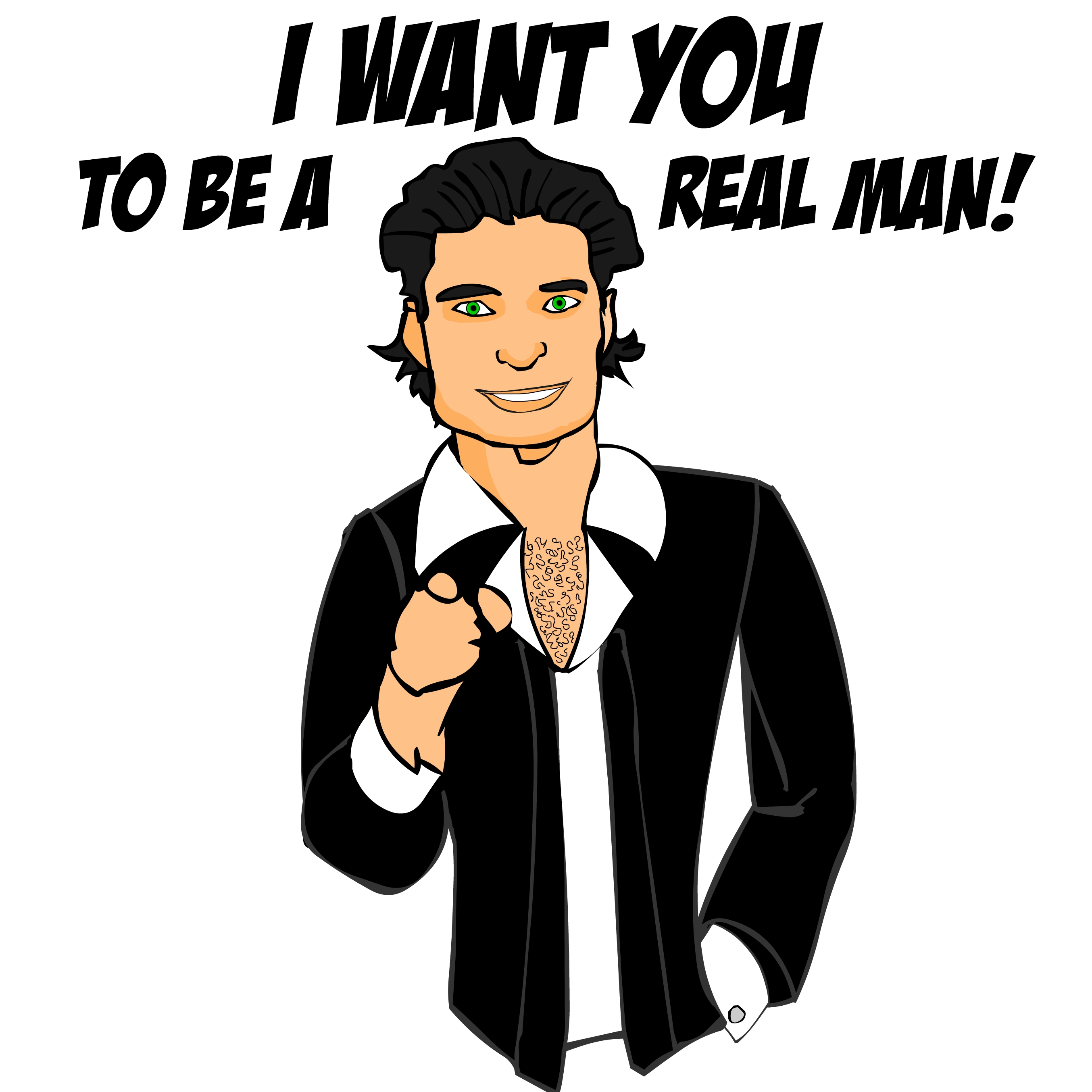More ads portraying men as stupid and trivial. Click here for more.
Miguel E. found all of these here!
NEW: In our comments, Pharmacopaeia pointed us to this commerical from New Zealand:
See also bros before hos.
Lisa Wade, PhD is an Associate Professor at Tulane University. She is the author of American Hookup, a book about college sexual culture; a textbook about gender; and a forthcoming introductory text: Terrible Magnificent Sociology. You can follow her on Twitter and Instagram.

